Dogs, much like humans, exhibit a wide range of personalities. Some dogs thrive in social settings, eagerly approaching strangers and other animals with wagging tails and boundless enthusiasm. Others prefer a quieter existence, retreating to their favorite spots for solitude and contemplation. You need to understand these personality variations so that as a dog lover, you can choose the right furry friend to match your lifestyle and expectations. Let’s explore the fascinating world of canine personalities and take a look at how different breeds showcase either introverted or extroverted traits.
The Spectrum of Canine Personalities
In the realm of dog personalities, it’s important to remember that there’s no one-size-fits-all. Dogs, much like people, exist on a spectrum ranging from introverted to extroverted. This variance can often be linked to their breed, upbringing, and individual experiences. While some dogs are naturally inclined to be more social, others might need time and patience to warm up to new situations. Whether a dog is introverted or extroverted, each brings its own unique charm and qualities to a household.
Identifying Introverted Dogs
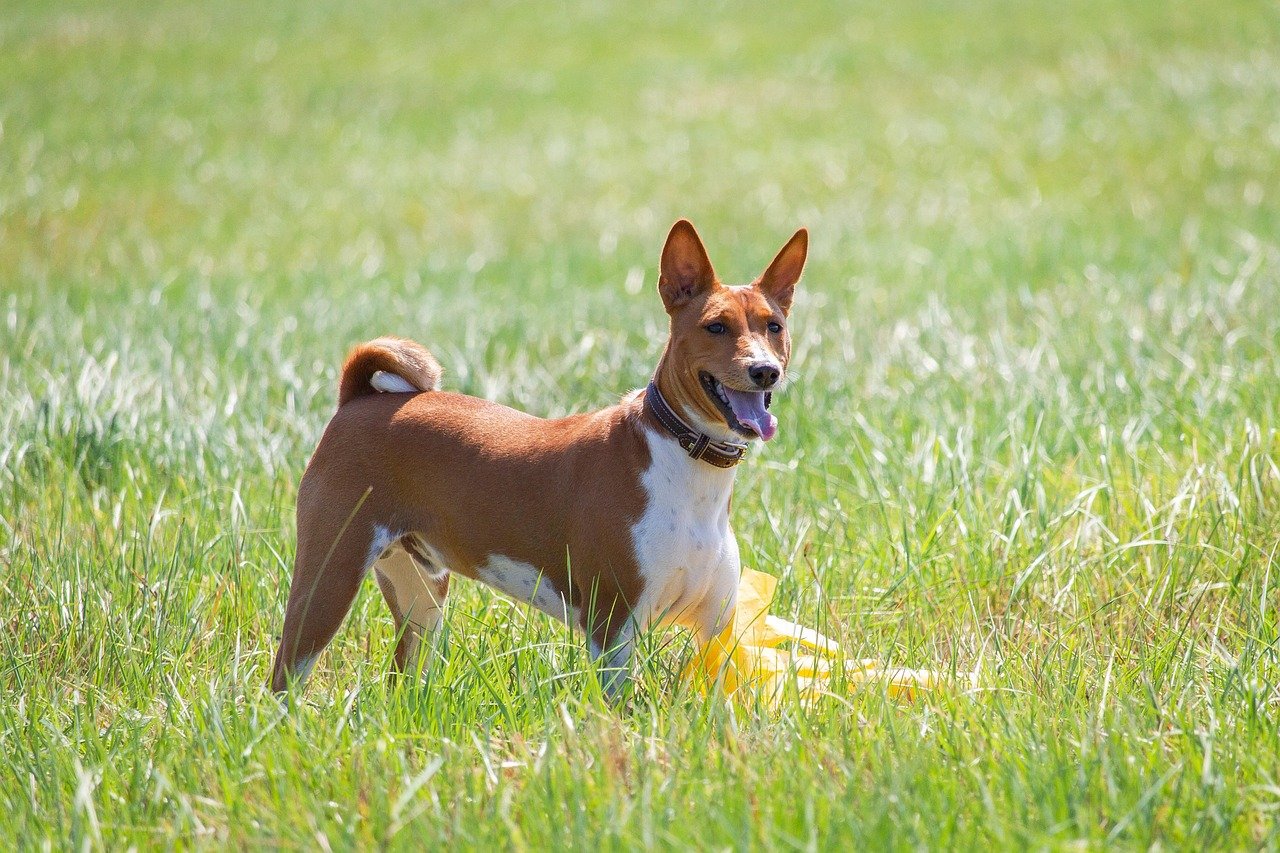
Introverted dogs tend to be more reserved, enjoying their own company or the company of familiar faces. Breeds like the Shiba Inu and Basenji often display these traits. They might not be the first to approach a stranger, but they form deep, meaningful bonds with those they trust. These dogs often prefer a quiet environment where they can relax and feel secure. Owners of introverted dogs might notice that their pets are more comfortable with a routine and may become anxious in overly stimulating environments.
Recognizing Extroverted Dogs
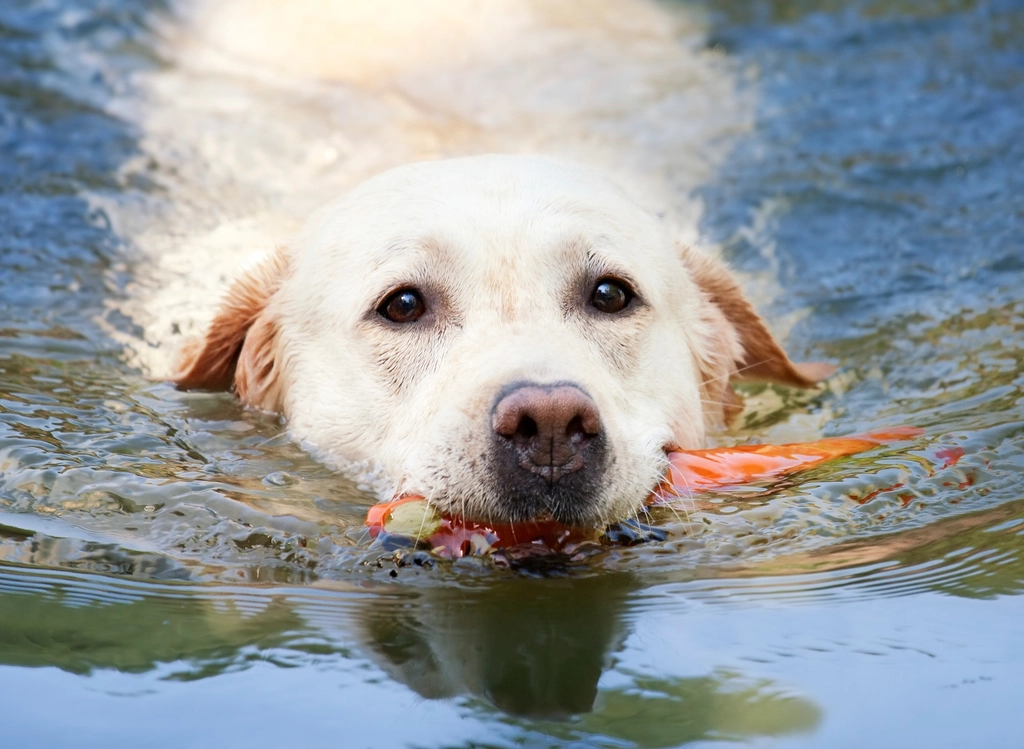
On the other end of the spectrum, extroverted dogs are the life of the party. Breeds such as Labrador Retrievers and Beagles are known for their outgoing nature and love for social interaction. These dogs thrive in busy environments, eagerly greeting new people and animals with exuberance. Extroverted dogs are often curious, energetic, and enjoy being the center of attention. They are typically more adaptable to changes in their environment and may require more social stimulation to remain happy and healthy.
Influence of Breed on Personality
While individual experiences shape a dog’s personality, breed characteristics can provide insights into their natural tendencies. For example, herding breeds like Border Collies are often energetic and require a lot of mental and physical stimulation, which can make them appear more extroverted. Conversely, breeds developed for solitary tasks, such as the Afghan Hound, may exhibit more introverted traits. Understanding these breed-specific tendencies helps prospective dog owners make informed choices about their future companions.
The Role of Socialization
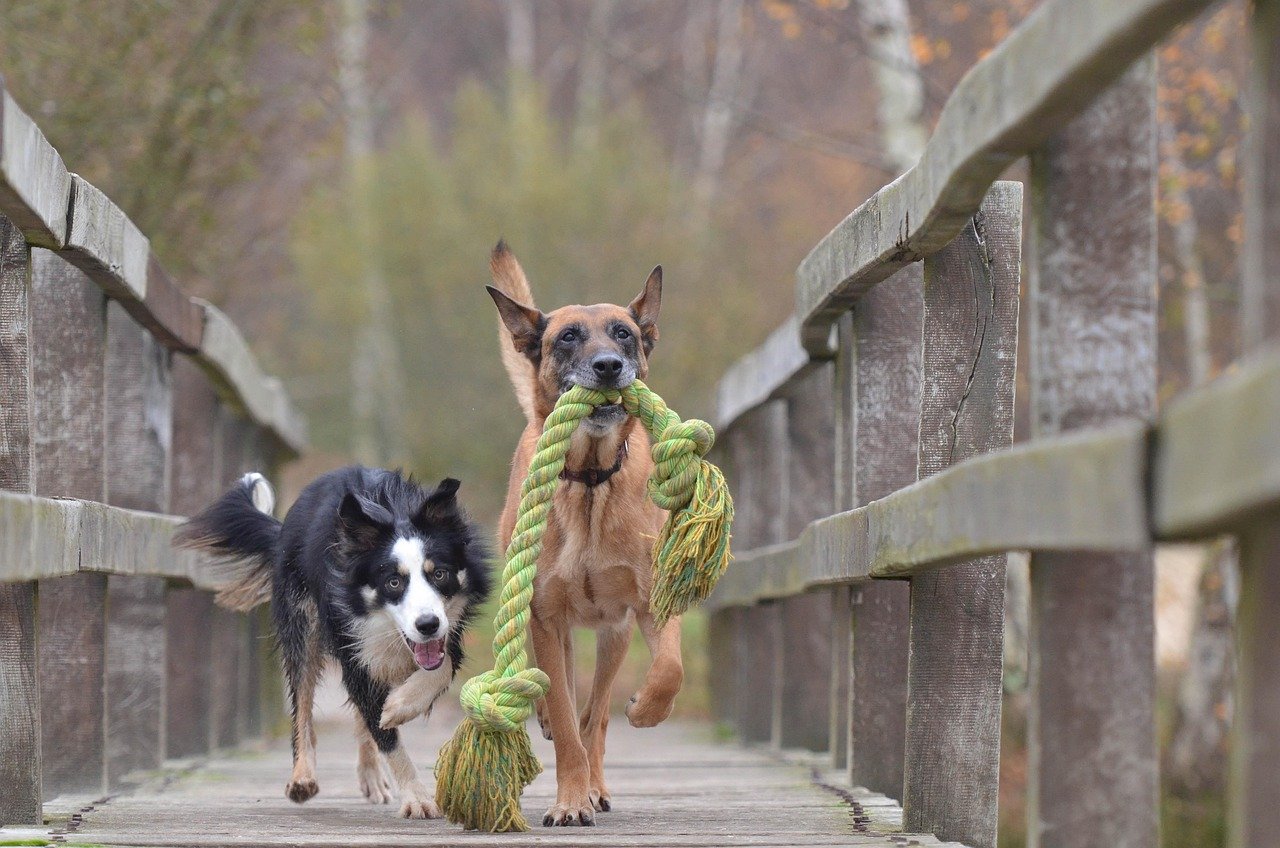
Socialization plays a crucial role in shaping a dog’s personality, regardless of breed. An introverted puppy exposed to positive social interactions may become more confident over time. Similarly, an extroverted dog that lacks proper socialization might develop anxiety or unwanted behaviors. Early and consistent socialization helps dogs adapt to various situations and people, enhancing their overall well-being and making them well-rounded family members.
Environmental Factors and Lifestyle
A dog’s environment and the lifestyle of their human family greatly influence their personality. A busy household with frequent visitors may encourage a more extroverted demeanor, while a quieter home may suit an introverted dog better. Owners should consider their daily routines and the level of social interaction they can provide when choosing a dog. A mismatch between a dog’s personality and their living environment can lead to stress and behavioral issues.
Managing Introverted Dogs
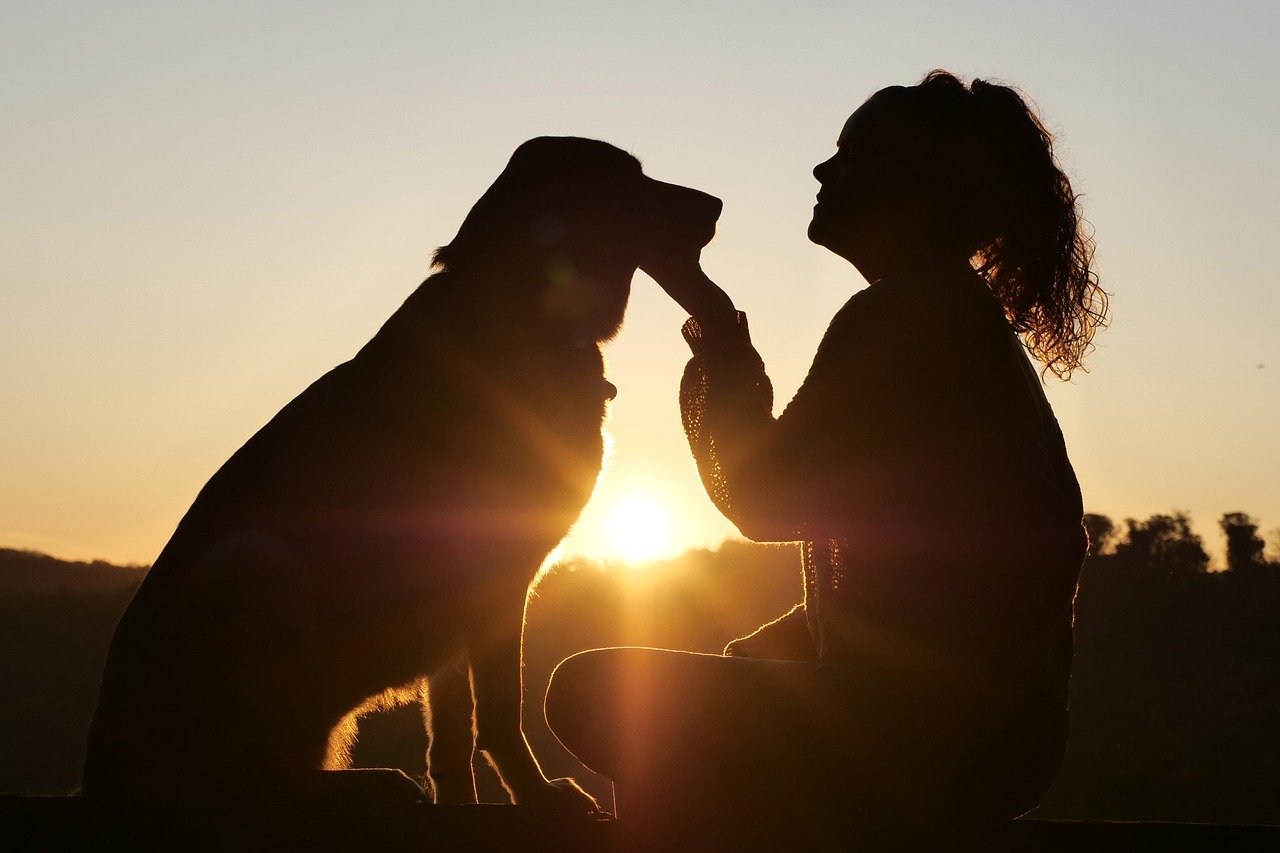
Caring for an introverted dog involves creating a safe space where they can retreat and feel secure. Providing consistent routines and gradually introducing new experiences can help build their confidence. Patience and understanding are key when dealing with introverted dogs, as they may take longer to adjust to changes. Owners should respect their dog’s need for solitude and avoid overwhelming them with too much social interaction.
Supporting Extroverted Dogs
Extroverted dogs require ample opportunities for socialization and physical activity to keep them engaged and satisfied. Regular trips to dog parks, playdates with other dogs, and interactive toys can help channel their energy in positive ways. Owners should be mindful of their dog’s need for mental stimulation and ensure they have enough outlets to express their social nature. Providing a variety of activities helps prevent boredom and keeps extroverted dogs happy.
The Joy of Understanding Your Dog’s Personality
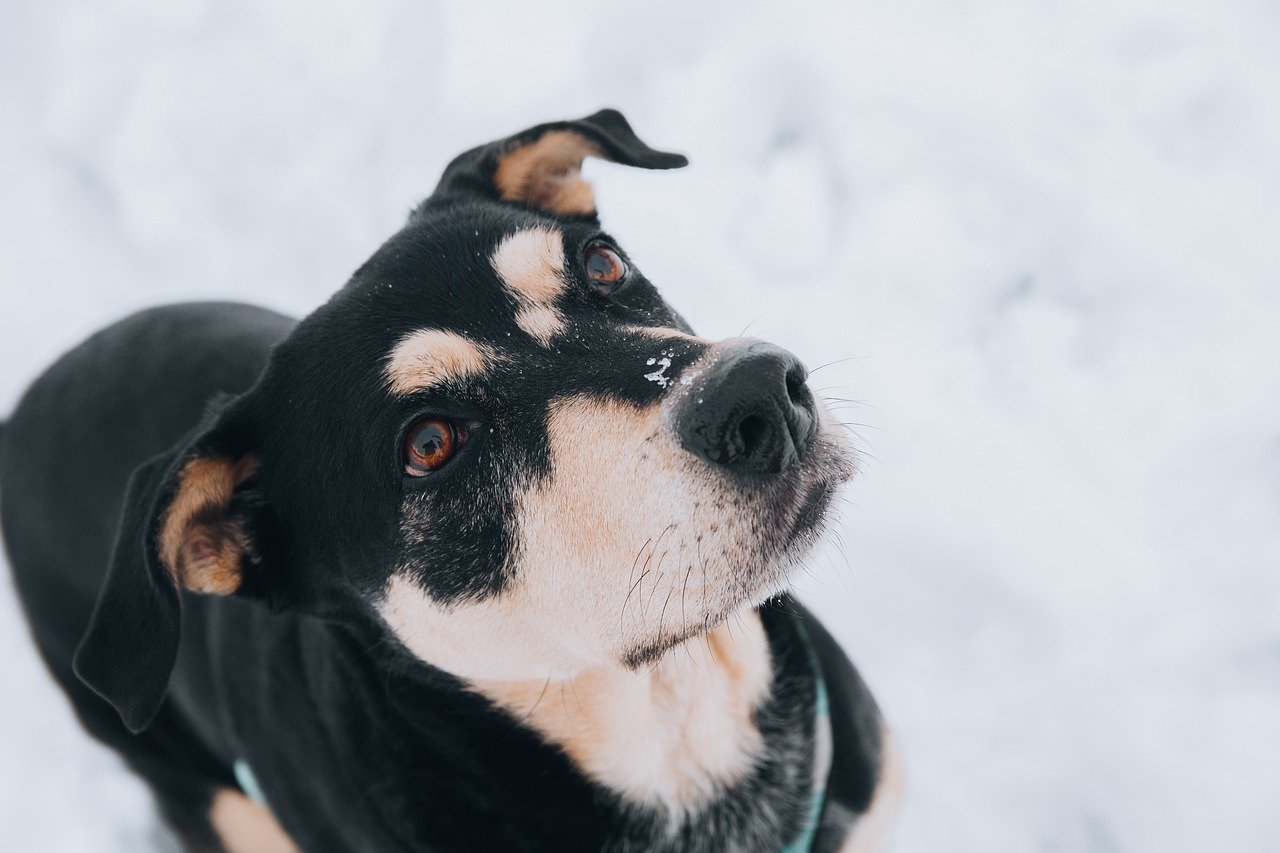
Embracing your dog’s unique personality can lead to a more fulfilling relationship. Whether your dog is introverted or extroverted, understanding their needs and adjusting your approach can enhance the bond you share. Each personality type brings its own set of joys and challenges, but with love, patience, and understanding, you can create a harmonious environment that caters to your dog’s individuality. In the end, the diversity in canine personalities makes the journey of dog ownership a truly rewarding experience.

Linnea is a born and bred Swede but spends as much time as possible in Cape Town, South Africa. This is mainly due to Cape Town’s extraordinary scenery, wildlife, and atmosphere (in other words, because Cape Town is heaven on earth.) That being said, Sweden’s majestic forests forever hold a special place in her heart. Linnea spends as much time as she can close to the ocean collecting sea shells or in the park admiring puppies.





